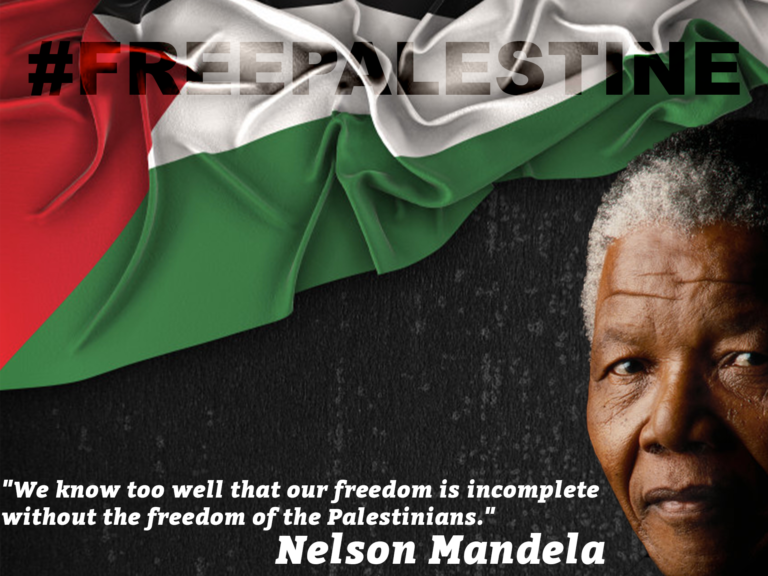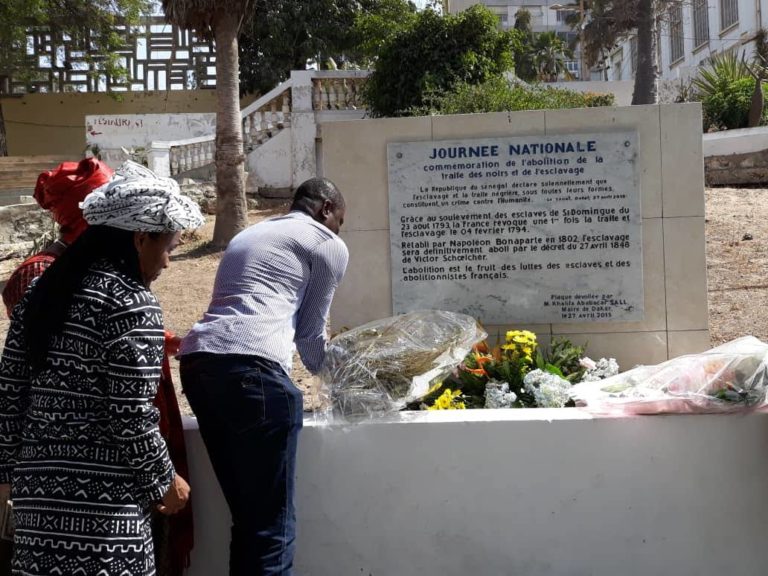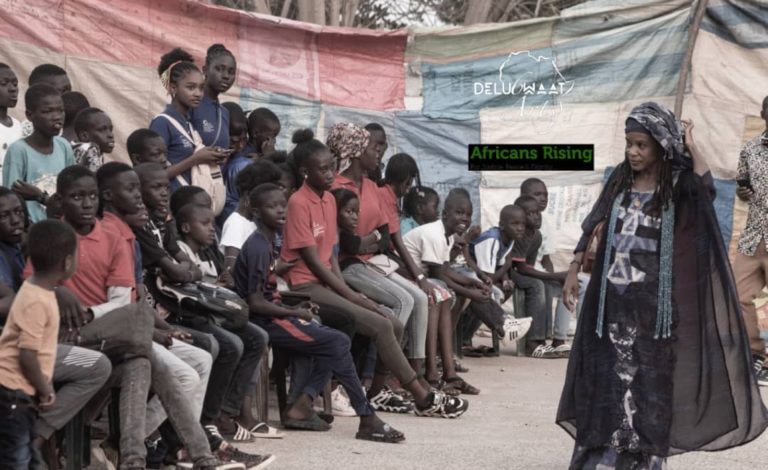The rise in the wave of resistance movements of the African peoples around the middle of the last century has been said to be connected to the titanic rise in the desire of the African to assert her full humanhood and to the growing realization that the actualization of a peaceful future for all of humanity will only remain a dream if African peoples continue to be victims of brutal domination and harsh exploitation.
These resistance movements have accomplished several gains, most notably the eviction of the colonialist (even if only physically) from all African countries on the continent and countries populated by peoples of African descent outside the continent and the advancement of political and economic rights for people of African descent in America and beyond. The dismantling of the apartheid system in South Africa is equally worthy of note. These are achievements that we can be rightly proud of, and they are the material of which we celebrate yearly on May 25 — African Liberation Day. This annual celebration commemorates the day the Organization for African Unity was formed in 1963.
The words of Kwame Nkrumah still reverberate today, for he stated unequivocally at the birth of OAU that
In that mission, African liberation movements have sprouted into different formations: from national pro-democracy movements, to economic rights movements, feminist movements, and environmental and climate justice movements. Synergizing the works of this vast array of justice movements has required the formation of Pan-African solidarity organizations like Africans Rising for Justice, Peace and Dignity, which was also launched on May 25 in 2017.
Africans Rising has taken on the ambitious work of addressing some of the greatest injustices facing African peoples, among them: the disproportionate impact of climate change on the continent, disparate incarceration rates of people of African descent, the high number of African countries within the grip of dictatorships, geopolitical tensions and terrorism threatening African communities, continued perpetuation of racist systems and practices by power hoarders, increasing poverty and widening wealth gaps, discrimination based on gender and sexual preference, and the increasing use of digital technology for mass surveillance and political subversion by dictatorial regimes that rule many African countries. The perpetuation of the historical and current legacies of these injustices are evidence of the unfulfilled task of African liberation.
While nations struggle globally to attend to the devastation wrecked by the current global pandemic, African nations and communities, which have already been battling the lingering consequences of slavery and colonialism, have had their initially heavy burdens increased. And these burdens are further compounded by the activities of those who place profit over people — even in a state of emergency.
Grassroots activists, young people and the peoples of Africa collectively have a dire task to unite around the vision of shared prosperity for all, as contained in the Kilimanjaro Declaration, the guiding document of the Africans Rising movement. Every African who seeks change must seize this moment of the convergence of crises to strengthen solidarity and ensure that we build more resilient communities. We can do that collectively by deepening the call for governments and businesses to commit to the attainment of carbon neutrality before the middle of the century; supporting the call for global demilitarization; fighting for fair taxation and universal benefits for all Africans; confronting governments’ and big corporations’ tendency to regulate and censure digital space; demanding transparency and accountability; promoting the participation of women, young people, people living with disabilities, and minority groups in government; and resisting homophobia and identity-based discrimination. Our priority must remain pushing our countries further away from dictatorships, for as the global humanitarian and Africans Rising Ambassador, Kumi Naidoo, reminds us:
Kumi Naidoo
Africans Rising Ambassador” description=”Central to the actualization of a sustainable future is the promotion, defense, and celebration of meaningful democracy.
Africans outside the United States of America must continue to stand in solidarity with our sisters and brothers in the country who live under a police institution which has too often proven itself to be constituted by people prejudiced against the African, even as the country continues to be confronted by legacies of its brutal exploitation of the African in the past.
Voices must be rallied in support of the call being made by Africans Rising and other movements and individuals, for former colonialists and enslavers to correct for the wrongs of the past by honestly acknowledging the harm and human cost of slavery and colonialism, establishing truth and reconciliation commissions, cancelling all African debts and delivering reparations.
African national governments must now commit to guaranteeing basic educational and economic opportunities for their citizens and advancing political and cultural freedoms for all by: reducing the population of children roaming the street to zero; closing the infrastructural gaps in our countries; closing inequality gaps and eradicating poverty, through the promotion of such policies which ensure fair taxation and guarantees universal benefits; committing to the democratic values of openness, transparency and accountability; and protecting the rights of women and girls, minority groups and the LGBTQ+ community.
The African Union, in partnership with the regional bodies, has the duty to prioritize the collapse of the artificial and arbitrary partitions left by the colonialists, the operationalization of the Africa Continental Free Trade Agreement (ACFTA), and the issuance of a common African passport, which would ease movement and trade on the continent.
African businesses, no doubt, have roles to play too. Summarily, business leaders in African countries and communities must make care for the planet a top priority and desist from placing profit over people.
Collaboration among civil society, governments and businesses is crucial to meeting the challenges of today. In the meantime, there is before us all a duty to take adequate steps together to advance global vaccine access by demanding the loosening of intellectual property restrictions that prevent more countries from making vaccines. For the pandemic has made clear that none of us is safe until every one of us is safe.
[/vc_column_text][vc_column_text]
These objectives are ambitious, but they are also necessary and attainable. The overcoming of slavery (in its cruelest form), the attainment of independence by African nations, the advancement of civil rights for African Americans, and the dismantling of apartheid in South Africa are all reasons for optimism. Let us remember that Mandela told us, “It always seems impossible until it is done.”
Considering those powerful words, we must continue to strengthen solidarity amongst ourselves as peoples of Africa for the safeguarding of our health, the security of our rights, and the guaranteeing of a more just future for us and for generations to come.






